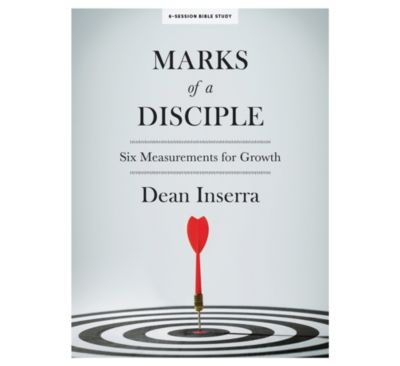On October 31, 1517 a German monk by the name of Martin Luther nailed his Ninety-Five Theses on the door of the All Saints’ Church in Wittenberg, Germany, igniting the Protestant Reformation. While you may have learned about this event in your middle school history class, you might be less familiar with what Luther’s document says. Luther’s first thesis reads:
When our Lord and master Jesus Christ said, “Repent (Matt. 4:17).” He willed the entire life of believers to be one of repentance.
Luther and the other Protestant reformers argued repentance is not just the entry point into the Christian life, but the whole of Christian life. Following Jesus means our lives are being consistently transformed by His grace. Therefore, we repent often.
God’s Loving Pursuit
Repentance is not a box to check, nor is it God’s way of spanking us with a wooden spoon when we’re bad. Rather, it’s God’s loving pursuit of you—an invitation to change that we must accept over and over again. To decline God’s invitation is to despise and reject the grace of God. The Bible helps us see what ongoing repentance looks like in practice.
David wrote:
Search me, God, and know my heart;
test me and know my concerns.
See if there is any offensive way in me;
lead me in the everlasting way.
– Psalm 139:23-24
David invited God to search his heart, diagnose his motives, and lead him back into a life pleasing to God. David understood he needed God’s help to see himself clearly. Christian maturity is not merely the ability to resist sin, but also what we do in response to our sins. While we should certainly try and resist sin, there will be times we ultimately fail. In those moments, we can choose to go on with our lives or to approach God with repentance and receive His forgiveness.
When we embrace repentance as a daily reality, it changes the way we live because it changes the way we worship as we are conformed into the image of Christ. Consider Paul’s words:
Therefore, brothers and sisters, in view of the mercies of God, I urge you to present your bodies as a living sacrifice, holy and pleasing to God; this is your true worship. Do not be conformed to this age, but be transformed by the renewing of your mind, so that you may discern what is the good, pleasing, and perfect will of God.
– Romans 12:1-2
While the world tells us to “follow our hearts,” Scripture tells us our hearts are deceitful above all else (Jeremiah 17:9). “Embrace your truth” has become a cultural mantra, but the Bible tells us that truth is found not in us, but in the person and work of Jesus. Being conformed to the world means embracing our sin and excusing its entanglements. Paul points us to a better way.
Repentance means instead of being conformed to the world and its desires, we are transformed as our minds are renewed. A shift begins to take place in our loyalties. We exchange the desires of this world for new loyalties toward God.
This content was excerpted from Dean Inserra’s Marks of a Disciple Bible study. Find out more about the study here! Join the online Bible study here.


